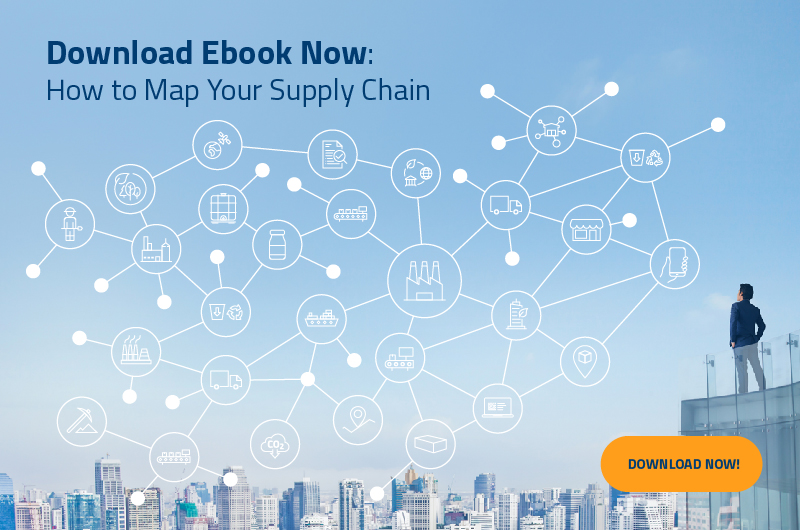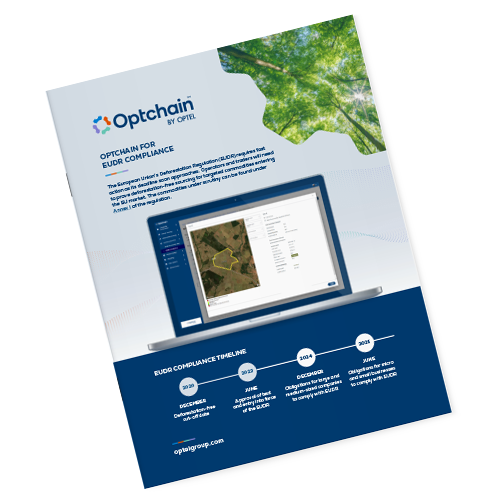3. Early Movers Build Resilience and Test Systems
- Opportunities for pilot programs: Companies that act now can experiment with their compliance processes through pilot programs. This allows them to identify issues early, optimize supply chain management, and refine traceability tools before they become mandatory.
- Proactive adaptation to workflows: Early movers have the advantage of gradually adjusting processes and engaging with suppliers over time. This lowers the risk of operational disruptions when the regulation goes into full effect.
4. Internal Process Adjustments Take Time
- Due diligence requires structural changes: EUDR compliance means documenting all supplier relationships, setting up traceability systems, and submitting due diligence statements through the EUDR platform before products can be legally placed on the market. All of this takes time.
- Training and system updates: Employees will need training to adapt to new workflows, including processes for collecting and validating geolocation data. Companies will also need to implement tools such as GeoJSON files to meet the system’s requirements accurately.
- Avoiding rushed rollouts: Businesses that act early can ensure that their internal teams and technology systems are fully prepared when enforcement begins, reducing the risk of costly errors.
5. Leaders Are Not Waiting – Neither Should You
Many companies are already aligning with EUDR requirements, understanding that compliance is a complex and time-consuming process. These industry leaders are setting the bar by building transparent and sustainable supply chains. Companies that delay may find themselves scrambling to catch up, dealing with overwhelmed service providers, and risking supply chain disruptions.
Start Now to Stay Ahead
If approved by the European Parliament in mid-November, EUDR obligations will become binding on December 30, 2025, for large operators and traders, and on June 30, 2026, for micro- and small enterprises. While these postponements may offer temporary relief, the high standards set by the regulation remain unchanged. Early action minimizes compliance risks, streamlines regulatory alignment, and positions companies as leaders in sustainable trade. Acting now provides a strategic advantage, preparing businesses to meet EUDR standards while strengthening supply chain resilience.
OPTEL’s Optchain platform provides a complete solution to address EUDR requirements. With Optchain, companies gain full traceability across complex supply chains, tracking commodities from origin to final product. The platform’s built-in features—such as geolocation data support (GeoJSON), supply chain mapping tools, due diligence statement creation, and integration with the EUDR compliance portal—ensure companies can meet regulatory requirements effectively.
Leading companies are already taking steps toward EUDR compliance. With Optchain, your business can join them in building resilient, transparent supply chains that ensure compliance.






